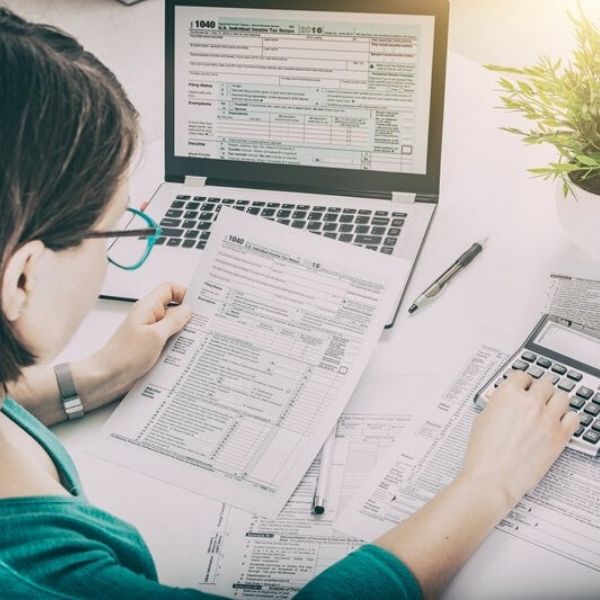
Investing in a commercial property can be a large undertaking, but it can also be very rewarding. Though it’s a rather large investment, there are unseen benefits that will make it all worthwhile. Among the most significant benefits of investing in a commercial property rather than a residential property are the tax advantages. In fact, there are many tax advantages of buying a commercial property, whether for use within your own company or to lease out to other business owners. This guide explores three of the most critical tax advantages of buying a commercial property.
Depreciation deductions
As with any building, a commercial real estate property will depreciate in value over time. As a result, owners of commercial real estate properties can deduct a certain percentage off their yearly income taxes as a result of this depreciation. As it stands currently, the IRS allows commercial real estate owners to depreciate commercial real estate buildings over a period of 39 years, whereas residential properties may only depreciate for 27.5 years. Larger depreciation deductions are also available in some instances, though they often require the owner to conduct a cost segregation study. This study helps identify and itemize different parts of the property that can be depreciated over a much shorter time, such as electrical work or roofing. This offsets the cost of building maintenance significantly over time.
Non-mortgage tax deductions
Owning and maintaining a commercial real estate property will likely require significant repairs and upkeep over the years. Whether in the form of renovations, upgrades, or simple routine maintenance, these factors can all lead to income tax deductions. As such repairs are generally paid out-of-pocket, the property owner can deduct these costs partially or entirely from the owner’s yearly income taxes. However, it’s important to note that some repairs may not be deductible from the owner’s taxes in the same year that the renovations occurred. The individual may need to wait until the following year, or they may need to be depreciated over the regular period for the property.
Interest expense deductions
Another potential deduction comes in the form of interest expense deductions. This form of tax deduction allows the property owner to deduct the amount paid in interest on their mortgage over the course of the year from their annual income taxes. The amount deductible depends on the individual’s tax bracket and can be particularly beneficial to those who are utilizing a higher interest financing.
For commercial real estate listings in Orlando, FL, and the surrounding areas, or to learn more about the tax benefits of owning a commercial property, contact our team at Demetree Real Estate Services today.
